the world has never had a good definition of the word liberty, and the american people, just now, are much in want of one.
Abraham Lincoln, 1864

WELCOME TO THE ARCHIVE
The journey to pursue political healing through a community journal began in 2015 with a question in journal entry #1: “What if we began writing a new story of liberty, founded deeper than even the American ideal?” The 122 stories, articles, and interviews here, published across eighteen journal series, will take you with our writers who work in American politics through that search to “creatively pursue truth and beauty.” Read them from start to finish by clicking on Issue 001: The Beginning at the bottom of the page, or jump into the adventure with whatever journal entry you find the most compelling.

Because of the long-standing commitment of our founding donors, friends, family, and colleagues who brought to life what you see here, the first six years of Liberatus culminated in the white paper Give Peace A Voice. As we sought to redefine liberty for our time, over the years we found that inclusive communities, staying grounded in wisdom, and creativity make up the universal spirit of human freedom, and these ideals became our three primary core values. Today they are how we define our vision, which evolved over the years from healing through freedom to wholeness in politics, and now simply American unity. From our faith-rooted approach, our vision is simply the peace of Christ.
While the articulation of these values as the meaning of freedom feels monumental for how we get involved in politics, living them each day is the challenge of our time. As we take up that next phase of the journey, come along with us and the more than 200 people who have joined us so far as we blaze the trail and create inspiration for American unity.

May 20, 2015 | website launches
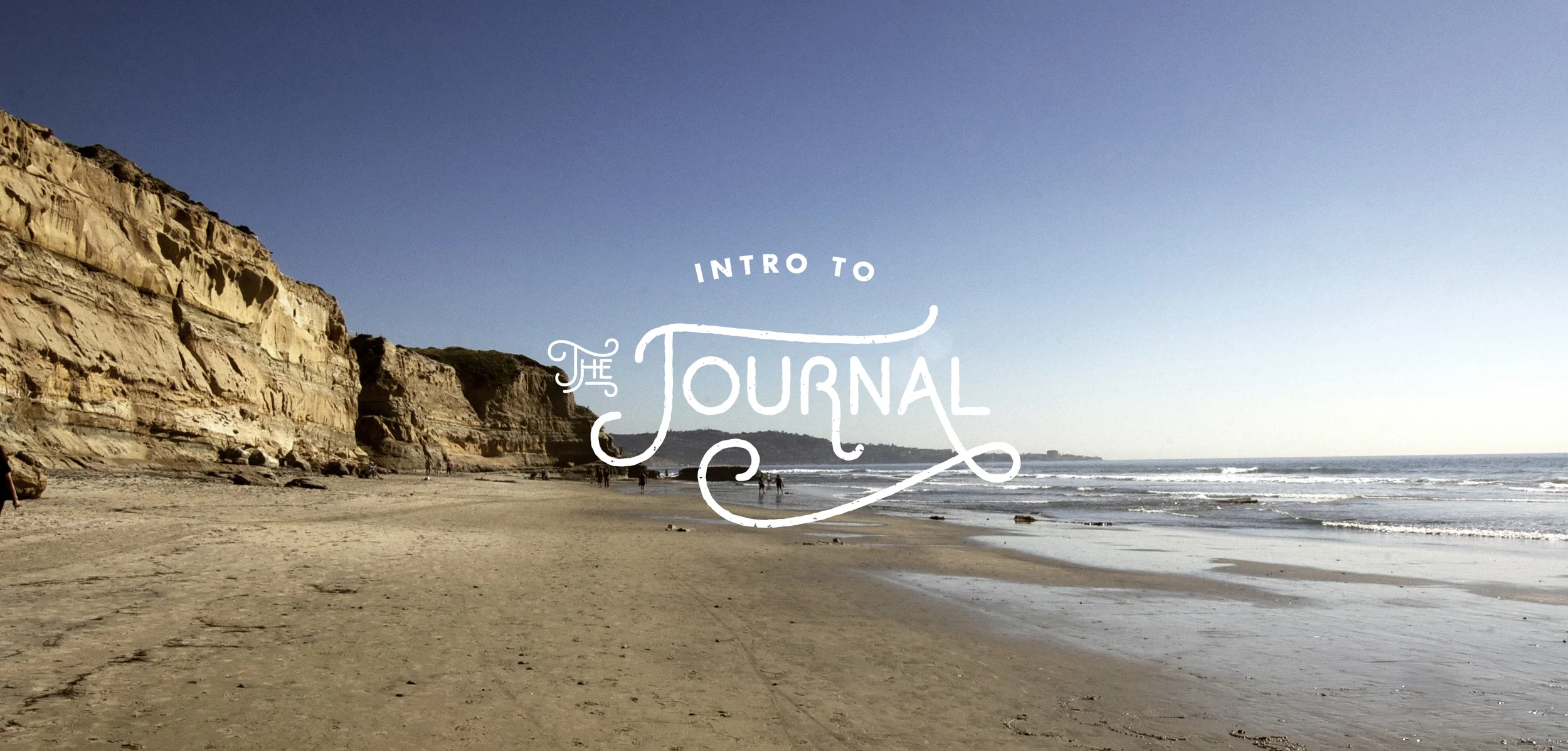

authentic. true. honest.
A journal is where we write our truest thoughts, where pen touches paper, crafting beautiful ideas. It’s a new kind of political communication.
If we are going to bring healing to American politics by creatively speaking a story of truth and beauty into it, we start here. We start by exploring our vision fully, because deep healing requires deep thought.
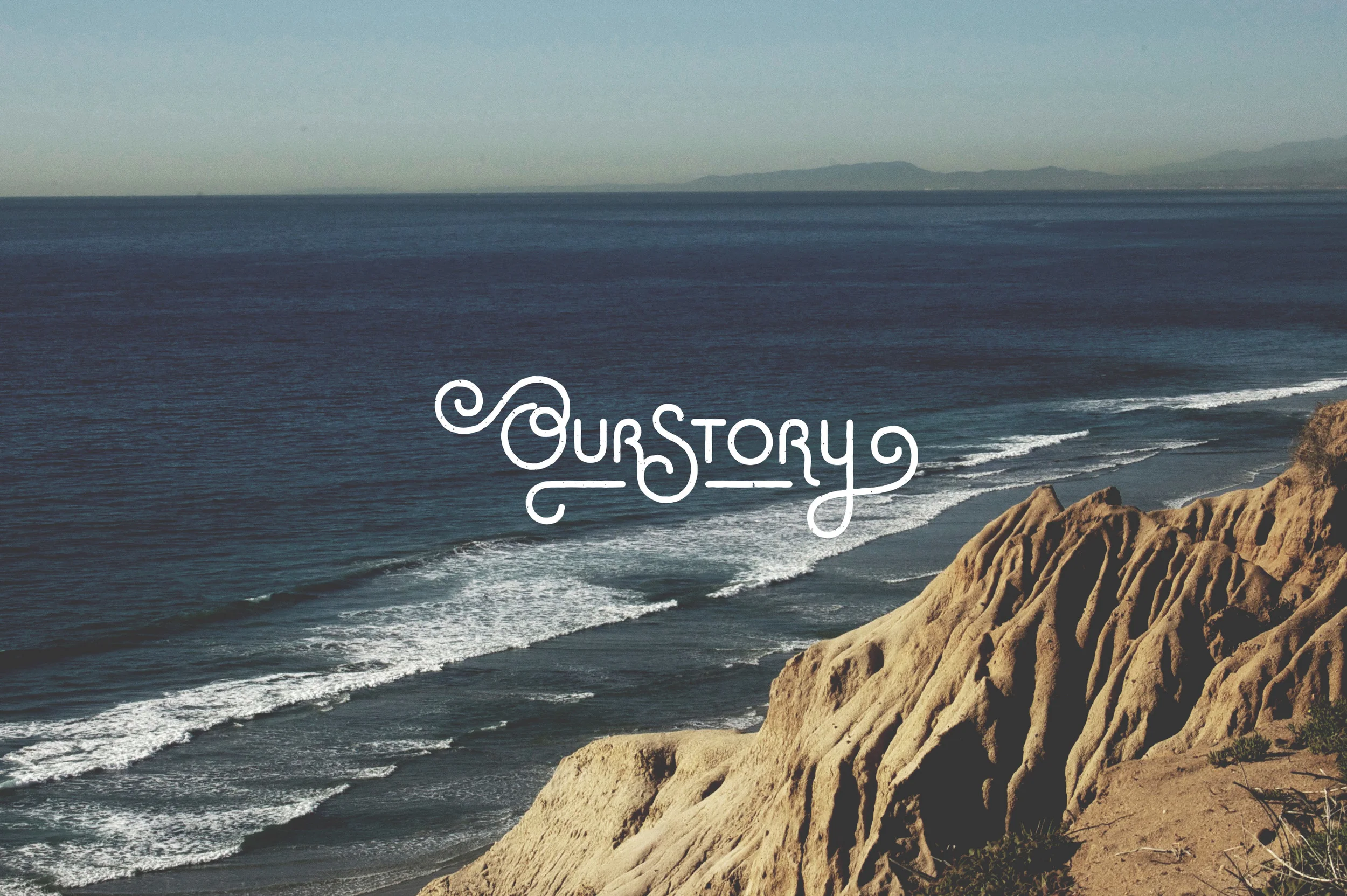
write a new story of freedom.
Liberatus began as a creative home for writers on Capitol Hill and across American politics who were tired of division, dysfunction, and burnout. Their views represented the full political spectrum, but we came together over coffees, meals, and hours of conversation to create 122 journal entries on healing or wholeness. Many of the journal entries include an action item for practical application.
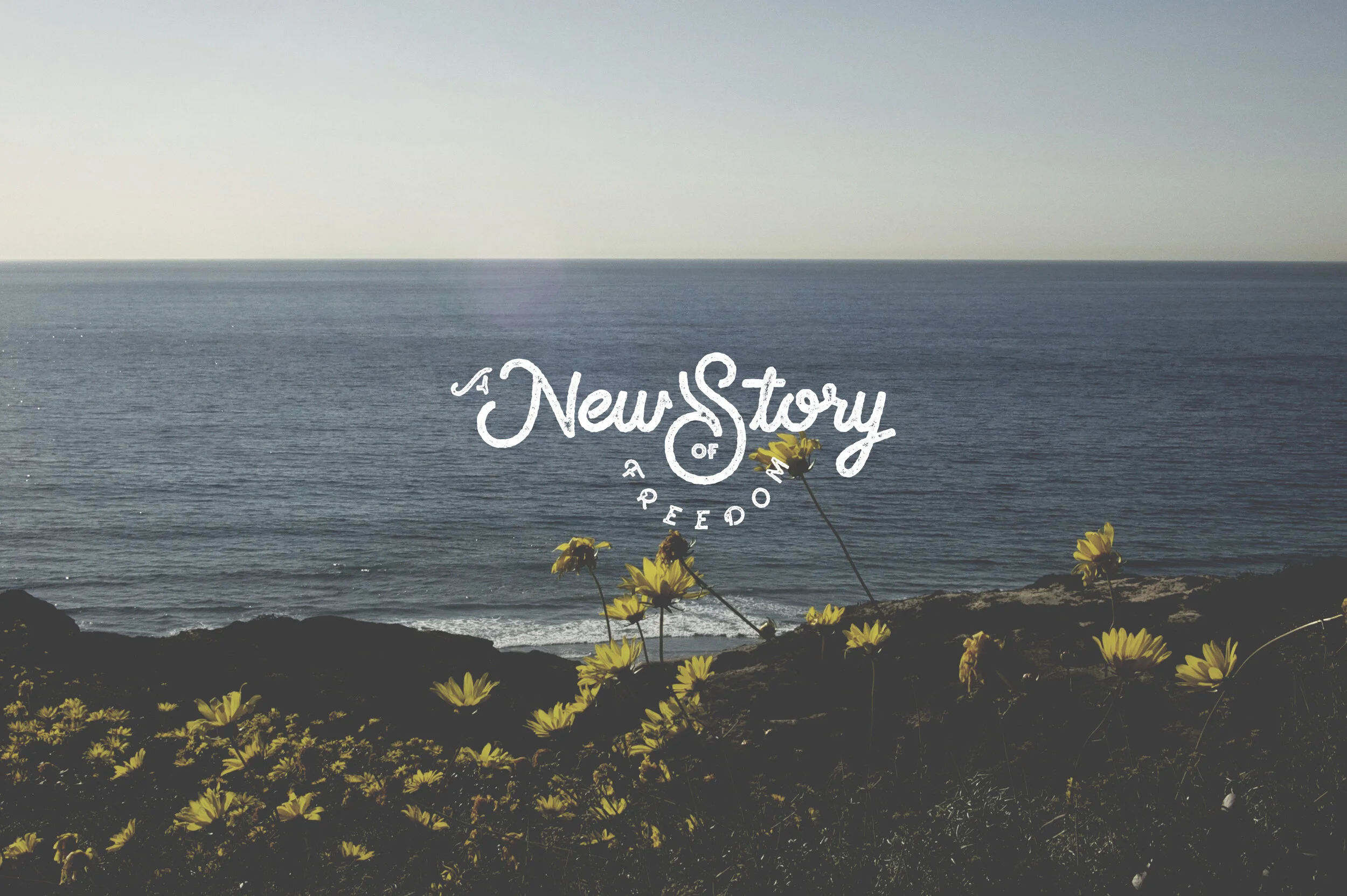
the liberatus founders
Fifteen donors propelled the story forward by giving financially before we were granted nonprofit status in 2015. By the time we reached our six-year anniversary in 2021, 61 donors had given more than $80,000. It’s their commitment over the years that kept the vision alive. If you’d like to join them, you can learn more on our donation page.

a vision begins
While we all believe we are fighting for freedom, we often fight each other. As Abraham Lincoln noted in 1864, we don’t have a shared definition of what freedom means. To start the journey, our focus was to reconnect our concept of freedom to the Kingdom of God, redefining it for our time as the creative pursuit of truth and beauty.

“ AT THE BEGINNING, WE CREATED SOMETHING NEW. A NEW NATION—CONCEIVED IN LIBERTY—WAS BORN IN THE FIRE OF REVOLUTION. IDEALS FOUNDED IN ETERNAL TRUTH WERE WRITTEN ON PARCHMENTS, DECLARATIONS THAT WOULD CHANGE THE WORLD FOR GOOD, FOREVER. A FURIOUS MOMENT IN HISTORY IS REVERED FOR ITS INTRINSIC TRUTH, AND ITS BEAUTY.
But what one generation establishes, another reinvents, reframes, or even rejects. How did we get here? We were warned about political factions, divisive arguments wrecking the soul of the country. And yet, today we divide—not because our ideals are a wedge, driving apart two sides, but because we’ve forgotten the depth of the founding ideals we proclaim. We fight for liberty, but our knowledge of liberty has ceased to endure....”


issue 001: the beginning
To read all of the archived journal entries in chronological order, scroll to the bottom of the page and work your way to the top. Note the scroll arrows on the top right of individual summary blocks which indicate that there are more journal entries in the series.
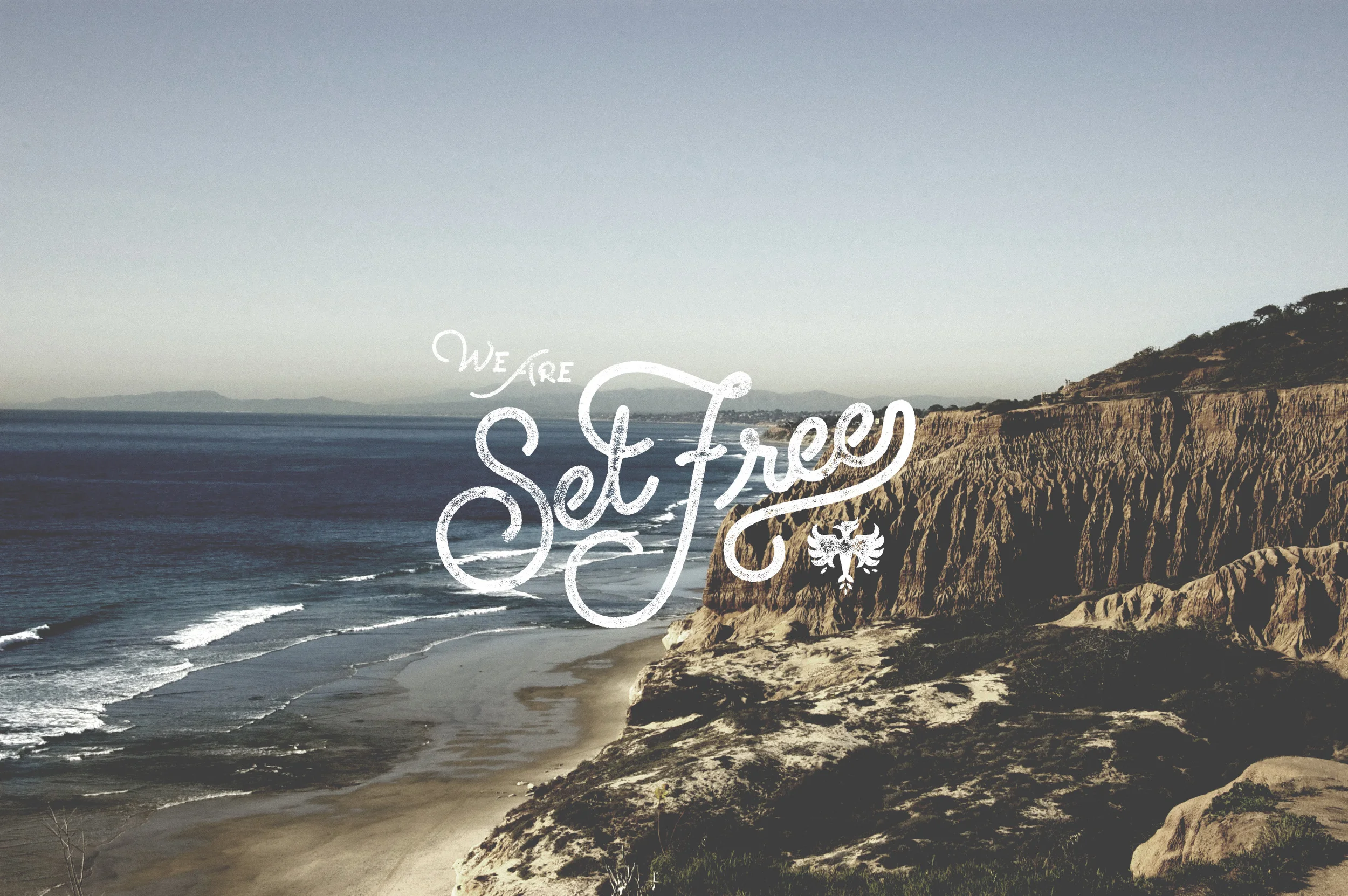
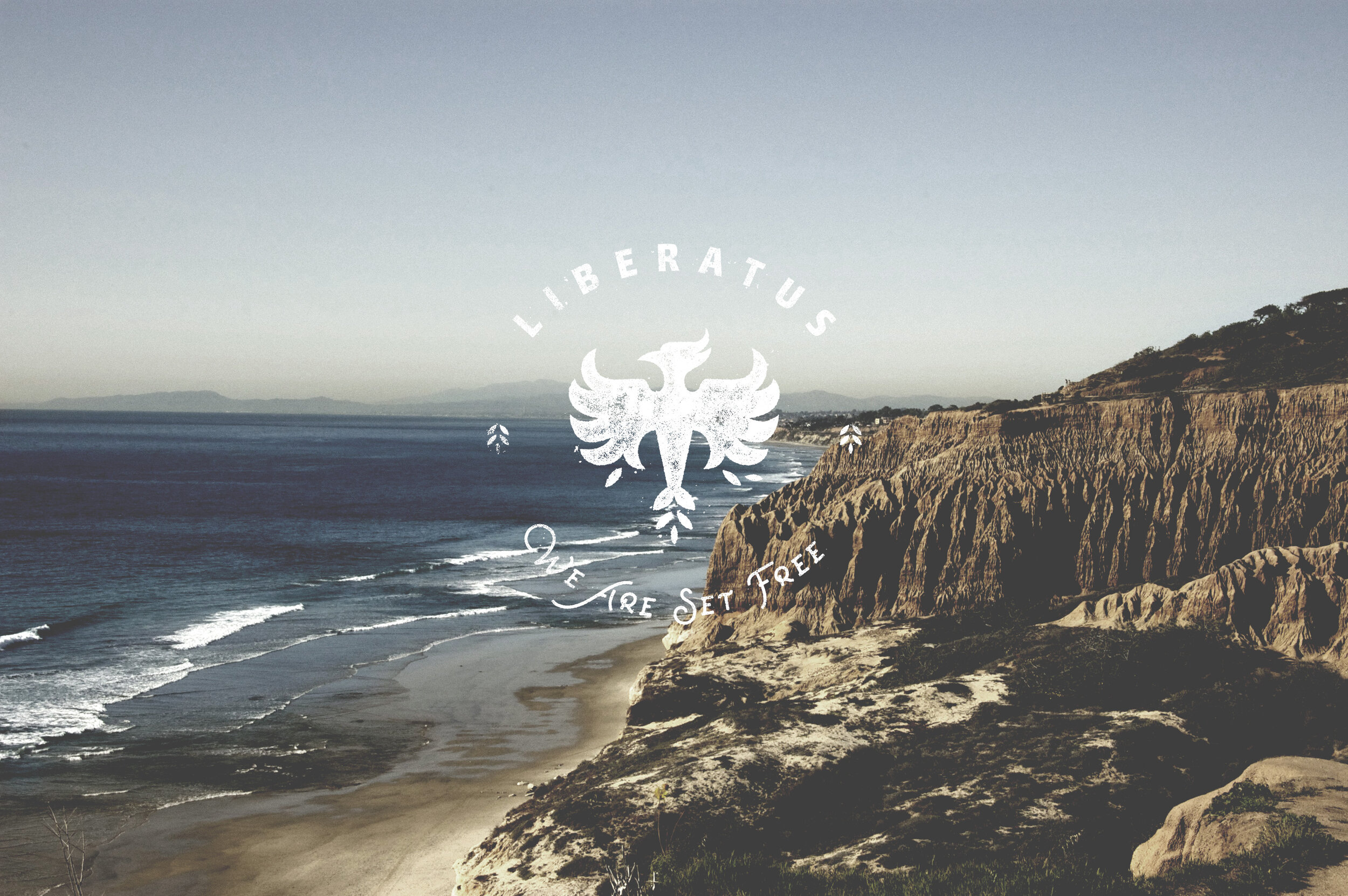
“It’s poignant and inspirational. It’s always a great read to have early in the morning while the day is still quiet.”


Political leadership is paradoxically a representation of the people and a way to reinforce certain character traits in them. While our country needs leaders who are willing to transcend partisan divides, the best way to create that future is through communities changing the narrative where they live.
Herman told us he had owned a bakery in Honduras. After 28 days of waiting here, I’m sure Herman knows every idiosyncrasy of the Progreso International Bridge. I’ll forever see his double-knotted clean red Adidas sneakers. He just wants to go to Kansas.
In this episode of Peacemakers Podcast, Yonathan Moya interviews Liberatus Founder Caleb Paxton. They talk about how the June 2019 trip to the US-Mexico border came about, one of the defining moments of the trip, and what it means to be a peacemaker in a political context.
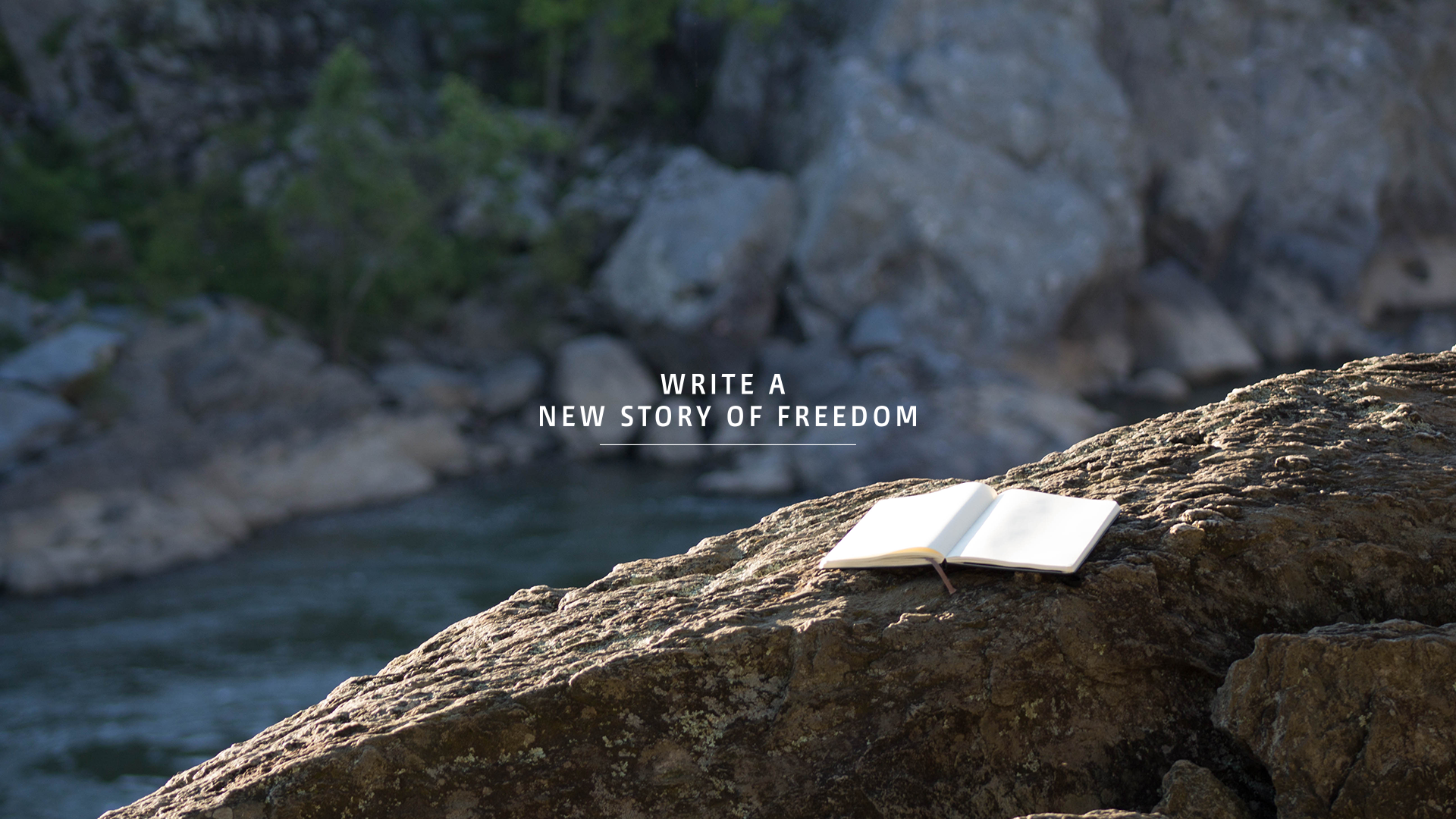
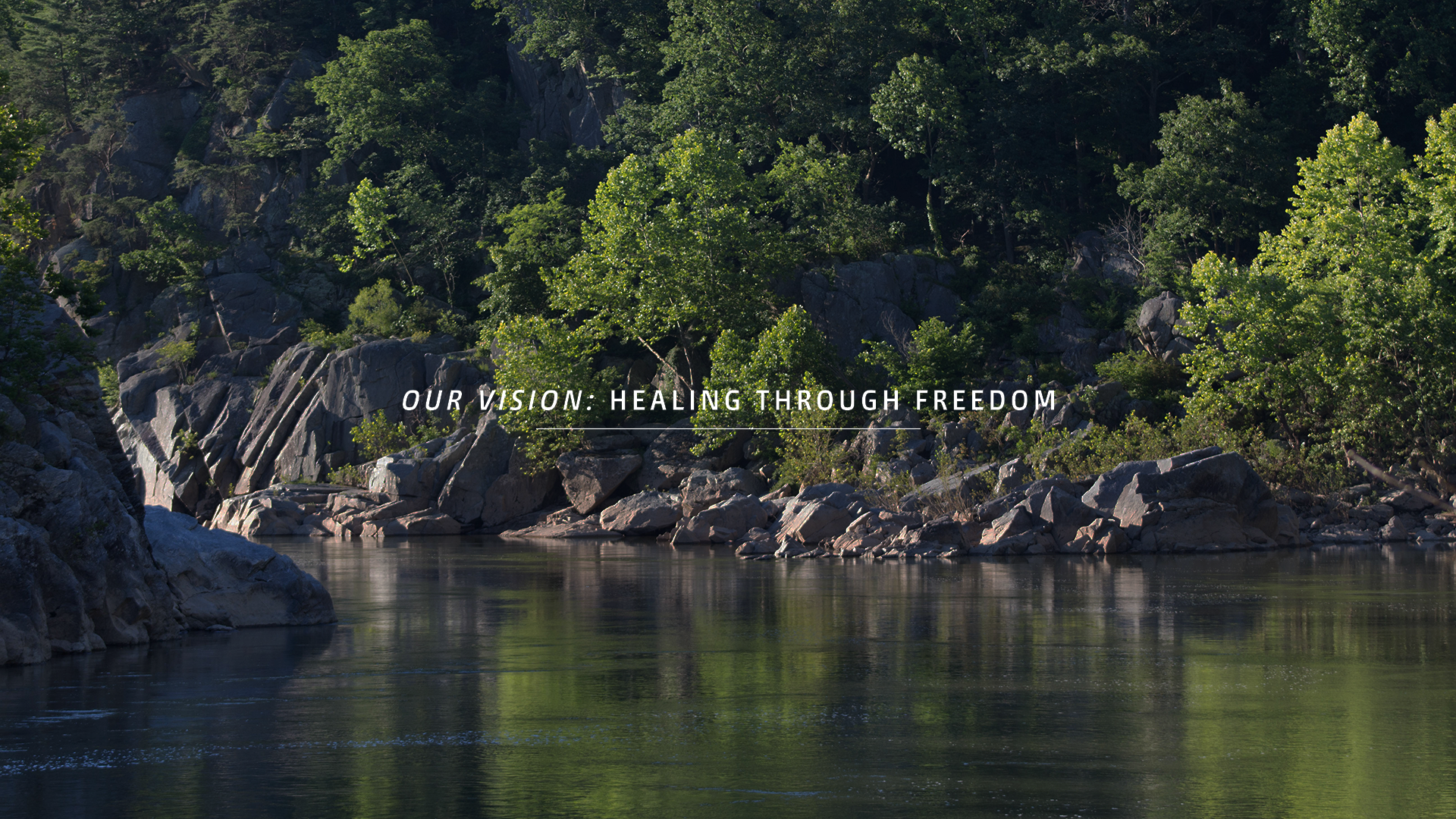
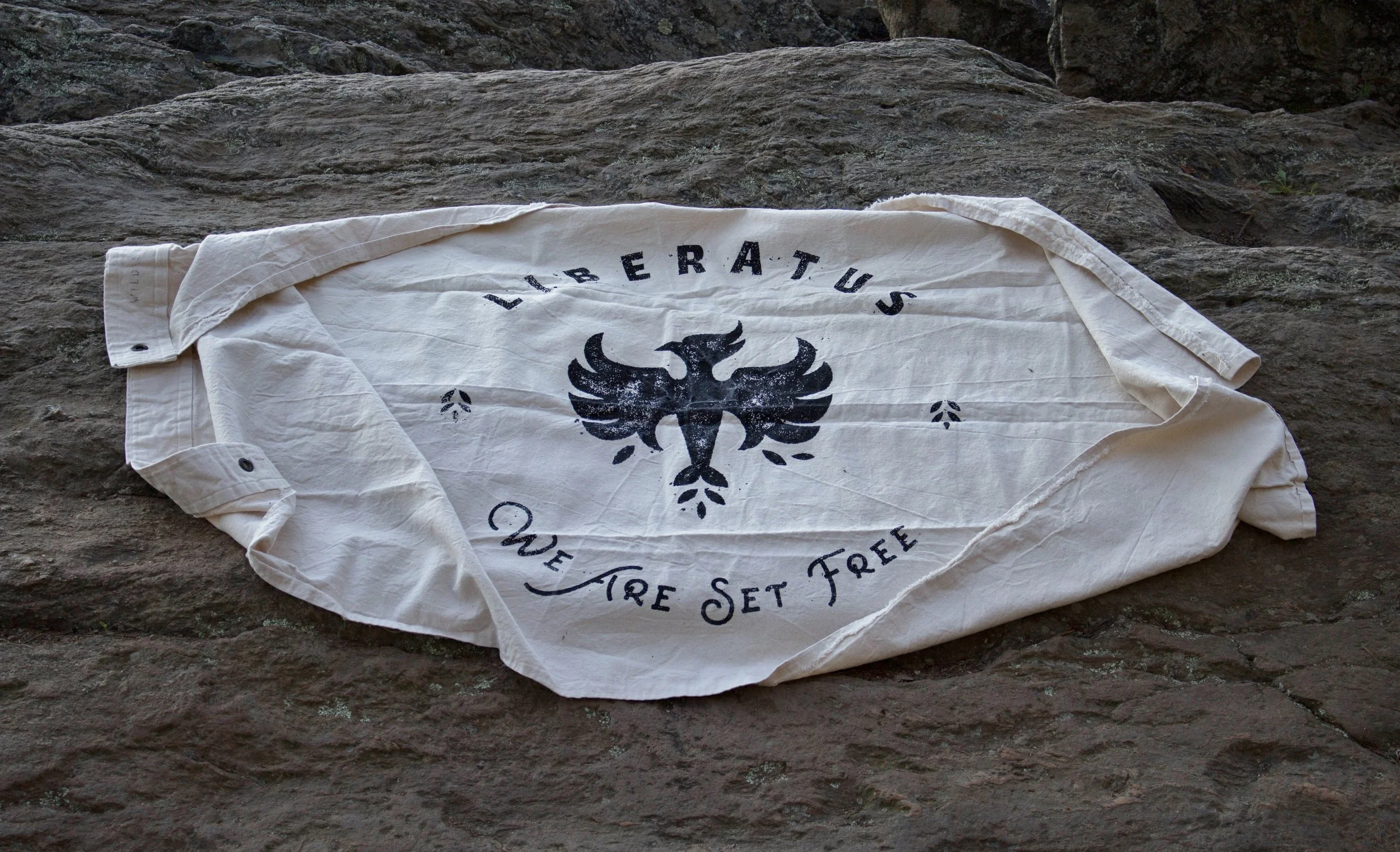
“Writing is not just jotting down ideas. Often we say: “I don’t know what to write. I have no thoughts worth writing down.” But much good writing emerges from the process of writing itself. As we simply sit down in front of a sheet of paper and start to express in words what is on our minds or in our hearts, new ideas emerge, ideas that can surprise us and lead us to inner places we hardly knew were there.
One of the most satisfying aspects of writing is that it can open in us deep wells of hidden treasures that are beautiful for us as well as for others to see.”
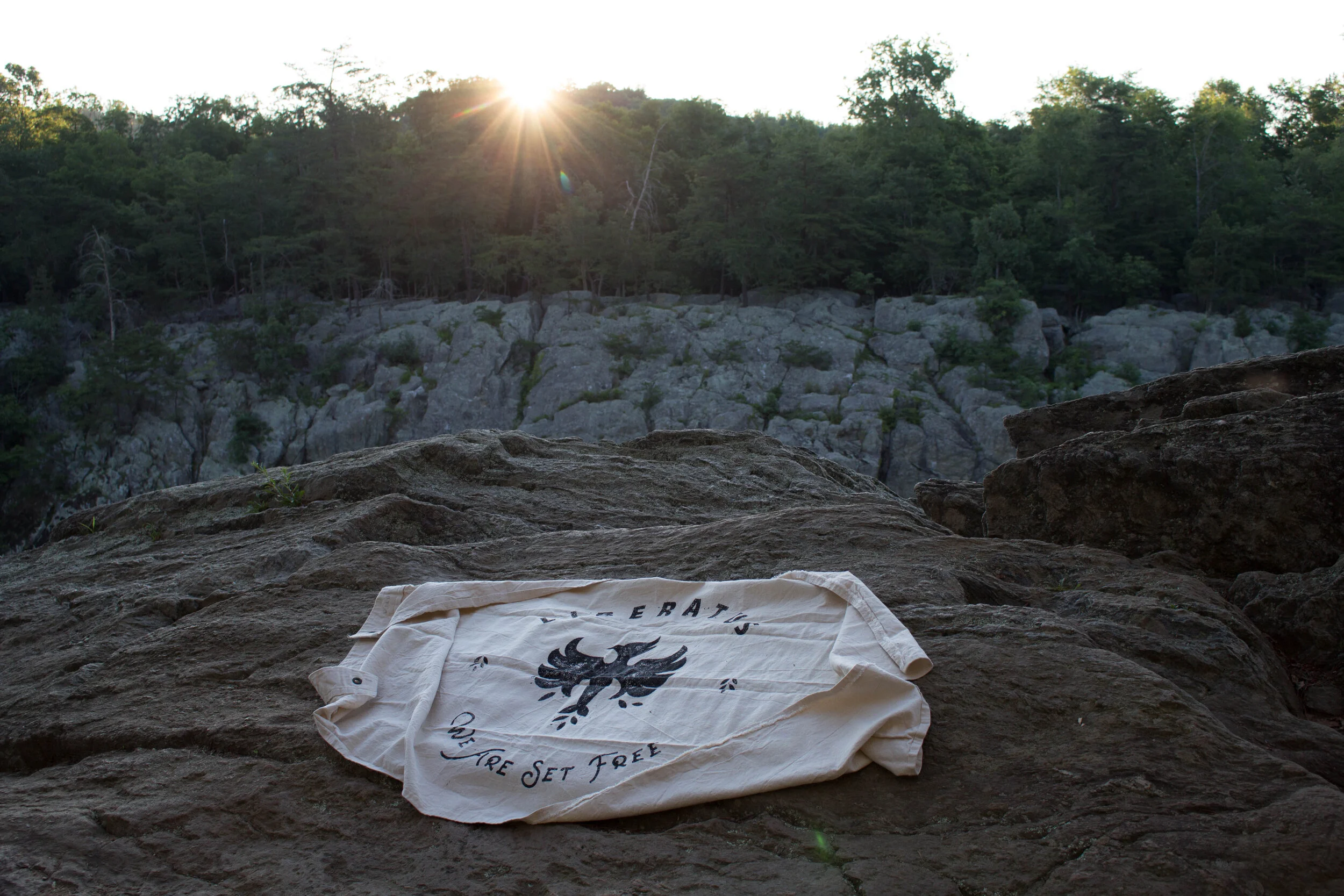
Issue 017: Visioneering As we compile a print journal on wholeness in politics, in this Visioneering journal series we will explore the problem in politics, the solution, and our creative challenge; how we can create a new category for political engagement; and how you can give peace a voice in Washington.
“Gratitude flows from the recognition that who we are and what we have are gifts to be received and shared.” —Henri Nouwen, A Spirituality of Fundraising
The peace of Christ begins on a personal level. And so our approach to building a grassroots support network will, similarly, be on a relational level as well. Political healing is not something that needs to happen “out there.” It can only begin when we begin to drop our illusions of what we think America is or could be, and accept the call to love our neighbor as ourselves.
As we think about how to build community and deepen contemplation, we hope to create new immersive experiences with a variety of partners that will in turn help us create compelling new work depicting how the peace of Christ can remake politics.
The peace of Christ means that we do not enter politics primarily for the sake of achieving a policy goal, but rather as an opportunity to love our neighbors as ourselves.
Our objective through Volume One’s theme of Refuge: advocating for refugees, the displaced, and marginalized, is to demonstrate how the peace of Christ can heal political communication—including both our mindsets and the specific words we choose to relate those mindsets to others.
If we give professionals working in American politics and government a creative home to explore healing and wholeness, it can give all of us peace. Our greatest gift will be an ever deepening awareness of the love that God has for us.
American politics is too often intentionally dysfunctional. The solution Liberatus offers is to remake politics from the ground up by giving professionals on the inside a creative home to explore wholeness.
Issue 016: Re-Creation When we take part in recreation, how can we focus that time on pursuits that help us re-create in politics? At a deeper level, what activities help us experience the life of Jesus more fully? How does his life move us towards wholeness, towards the relief of being set free from political dysfunction? These were the questions we posed to our community of writers for our sixteenth journal series.
A meditation on the Lord's prayer for those working in politics and government
Our city parks are a canvas for the apex of God's creation—people.
The creator of nature's beauty, of running trails, endorphins, and endurance, leads me to believe again.
Learning the practice of silence and solitude reset my course and helped me reconnect with the Creator.
A daily log from the trail during a 40-mile hike in Wyoming's Cloud Peak Wilderness
An interview with Jeff Vorberger on knowing yourself, your talents, and your values

the refuge theme
In 2017 we launched a fundraising campaign to create a journal series by connecting our writers with a refugee community in the DC area. While our donations and pledges fell far short of the goal at $3,852, we were able to assist one person financially through a partnership with Peace City Church. But we couldn’t walk away from the Refuge theme: it became Volume One, and that first partnership led us to establish more as we go print.
Issue 015: A New Era Now it begins. But hope is cold, as cold as stone, as cold as night. We are frozen but we’re searching for power. The stage is packed but the script is empty. The curtain rises but it’s the audience acting. A new era begins but we’re building ruins. Greek columns can’t hold the weight of right now. Healing is now, beneath these snow-chilled stones.
Our striving in Washington and the unavoidable disillusionment that follows might have more to do with our own motivations and our tendency to blame others for our disillusionment than it does with the failings of our current system. The best way to enter the domain of freedom begins with recognizing the masks we have put in place to protect ourselves and instead lay them aside in favor of our true selves.
What is my role in justice?
As we look ahead to the Kingdom, we’re called to work through grace to bring healing to our broken political systems, weak communities, and destitute neighbors. Doing justice must be done for beauty’s sake. It's the beauty of God's grace that brings about justice to give him honor and glory.
Today marks the 100th Liberatus journal entry about bringing truth and beauty to American politics, written by people on the inside. As we look ahead, you can help us create Issue 017: Refuge—a journal series exploring how we welcome refugees. Just $25 a month will enable us to build community, connect our writers with a local refugee community, and publish Issue 017 in November 2017.
As we continue the discussion on what a new era of American politics would look like if healing were to occur, today we’re looking at practical wisdom for energy management. As a follower of Jesus, I believe that promoting human flourishing in the workplace is part of our calling. On this topic, the best practical ideas I’ve found and practiced are from The Power of Full Engagement by Jim Loehr and Tony Schwartz.
Eight years ago, I was surrounded by some of the sharpest and most idealistic minds in the country. Countless conversations about changing the world happened with friends, colleagues, and contrarians at The Hawk ‘n’ Dove on Capitol Hill. But today, I’m watching a new era of American politics unfold from my home outside Indianapolis, getting ready to welcome our first foster children.
An interview with Liberatus Editor Claire Handscombe on her work Walk With Us: How the West Wing Changed Our Lives.
“My faith very much informs my politics, and it also teaches me compassion for people and the importance of looking out for the poor and voiceless. Those are values I hold deeply and, when it comes to politics, they’re my true north.”
A new era of American politics begins on Friday, and today we start a new series exploring what that era would look like if political healing were to occur. Healing is a continual process, and we have to choose it every day. Here’s a picture of what I believe that looks like, and a recommended reading list of the thinkers and their works that have influenced my own journey.
Issue 014: Remember Your Fairy Tales We see through a glass darkly. But the light shining through stirs our emotions. What is that we feel? An ache: we ache inside. No, not an ache: we are filled with longing, a faint sense of feeling what we do not yet feel, of knowing what we do not yet know, of seeing what we do not yet see. All of the earth is not what it seems.
It seems that every election is IT. The last chance to save America. The final hour to “take our country back.” The ultimate moment to redeem the Republic. Even if the other candidate had won last night, this “last battle” narrative would still live on. But if it’s hope we need, maybe we start by identifying what actually is the consequential fight of our time. What deserves to be called the Last Battle?
The call to remember the beginning and the beauty of the beginning in The Magician’s Nephew could not be more timely for me. At the end of four years lobbying for various social justice issues in Washington, DC, I felt worn out and disheartened by the political system. But remembering the beginning shows us what joy we can look forward to in the end because of Jesus.
As I re-read The Horse and His Boy, I was drawn powerfully to the themes of power and poverty, slavery and freedom, insecurity and significance. At this point in my life, I see the story as a beautiful tale about the reversal of roles, the meaninglessness of titles, and the use and abuse of power. And there’s a place of profound freedom on the other side of contemplating the emptiness of the endless quest for power.
As I scroll through my Twitter feed, turn on the TV, or talk to people, I’m saddened to see ever more evidence that truth and beauty are absent from the American political discourse. What we’re witnessing today is the fruit of a body politic which has wandered from its foundation—we are a people in desperate need of healing.
The Silver Chair doesn’t just challenge us with the idea of causality, but with the idea of providence—causality complicated by intent or teleology. Aslan gave the children four signs, fully intending for our protagonists to follow all four of them. However, they were only in a position to obey the later signs because they had failed to obey the earlier ones.
Today we’re taking a break from our current series, Remember Your Fairy Tales, so I can share a personal note about the current and future plans of Liberatus, and what I’ve learned along the way. In order to continue publishing the journal weekly, build community with a writing team, and grow into phase two, we need ten writers to commit to 2017 and to raise $1,100 in new monthly contributions.
Reading The Voyage of the Dawn Treader, I found myself relating to Eustace during his dragon phase more than I wanted to admit. See, I recently moved across the country and as I sit here as far away from DC as I can imagine, I have a lot of questions. Why am I here? Am I sure this was the right choice? I’ve been searching for some sense of control.
Too often, work in American politics lacks vision and doesn’t value the creativity it would take to achieve that vision. How do we fix it? We can learn from other creators in other fields. Today we interview Noah and Nicole Stratton at The Academy of Arts. Their work overlaps with our vision of healing: in the coming months, they will perform “Prince Caspian” live on stage—for the first time ever.
Today, we’re stepping into the wardrobe. We’re returning to Narnia, to the land fallen under the spell of the White Witch, to the forest frozen by a hundred years of winter.
Here’s hoping we have grown old enough to re-read The Chronicles of Narnia, to step back inside the fairy tales themselves and explore once again.




“Do you think that I am trying to weave a spell? Perhaps I am; but remember your fairy tales. Spells are used for breaking enchantments as well as for inducing them. And you and I have need of the strongest spell that can be found to wake us from the evil enchantment of worldliness which has been laid upoin us for nearly a hundred years.”
Issue 013: Olympic Gold An athlete races down the track, forward. The confines of her single lane are conquered by her relentless speed. The human body, in full motion, beautifully alive—she hits her stride. The finish line, once towering high above her, now slips beneath her feet, slips away behind her.
Congress could be as inspiring as the Olympic Games.
How does one pursue healing holistically in American politics? Today we’re outlining seven solutions for work in Congress and American politics Liberatus is offering our writers, subscribers and donors. But we need your help to continue publishing the weekly journal, to expand the writing team for 2017, and to continue building relationships with those working on the inside.
The Rio 2016 Paralympics begin today, and every American should know about one athlete in particular: Brad Snyder. As a Navy Explosive Ordinance Disposal Officer in Afghanistan, he lost his eyesight in an explosion. One year later, he won gold at the London 2012 Paralympic Games. What if in politics we were as fearless, as unconcerned with keeping up appearances, as willing to own our limitations?
When we say that Congress could be as inspiring as the Olympic Games, it’s not with the intent of overlooking imperfections in the International Olympic Committee, or the costs of hosting the games, or the human rights violations. But we can value both the inspiration of the games and the reforms to make them better. In politics, we can take responsibility for seemingly contradictory positions.
The Boys in the Boat: Nine Americans and Their Epic Quest for Gold at the 1936 Berlin Olympics by Daniel James Brown reveals a new story of freedom for American politics, if only we will choose to write it. Here’s to turning political communication, like Olympic rowing, into an art. Here’s to enduring the pain of speaking healing into political dysfunction.
At the 1936 Olympic Games in Berlin—Hitler’s Olympics—Jesse Owens made history by winning four gold medals. In doing so, he provides a glimpse of what it looks like to overcome race, even though he faced racism at home and abroad. He shows us what a deeper knowledge of freedom can look like. He shows us how to overcome evil with good.
“The hardest part of winning gold was waking up the next morning and realizing you’re still the same person you were the day before.”
You may not know Herb Perez’s name, but to me, the 1992 Olympic gold medal Tae Kwon Do champion was a big deal. I admired him and other competitive martial artists you’ve never heard of because I competed, too.
Congress could be as inspiring as the Olympic Games. How do we approach our work in American politics the way an Olympic swimmer achieves excellence in the pool? Thankfully, we have insights from Bob Bowman, Team USA’s head swim coach and career-long coach to Michael Phelps, the greatest Olympian of all time. In The Golden Rules, Bob outlines what he calls the Method.
Last week, we looked at the theme of the London 2012 Olympic Games, “Inspire A Generation,” and tied to the theme for Rio: “Live Your Passion.” We continue the same topic this week, after concluding last week that living your passion requires you to come fully alive. A deeper look at what it means to live your passion would reshape work culture, communication, and personal well-being in politics.
The Olympics can give us a glimpse of what it means to be fully alive, especially if you see the athletes compete in person. The theme of London’s games was “inspire a generation,” and the theme of Rio 2016 is “live your passion.” I think the way to inspire a generation is to live your passion; this week and next, we’re taking a deeper look at both Olympic themes.
Issue 012: The Great Outdoors Maybe what our city needs—to discover a deeper knowledge of freedom—is a little more wind on our faces, a little sunburn, a scent from a memory that should never be forgotten. Maybe coming to our senses in politics is literally as simple as coming to our senses. What if, while we explore, we take notes of all we’ve learned?
Starting a nonprofit with a vision of healing is in so many ways like training for a marathon. Training raises many questions about the process: you do have to think about hydration choices and energy gels and whether or not sweet potatoes are the best source of carbs. Similarly, on the nonprofit front, today I wanted to outline the next three steps for Liberatus.
You can’t control the great outdoors. They are wild, untamable. That’s how it should be. I needed that reminder desperately one beautiful and unusually mild fall day with my family hiking in the Midwest. And I need it today. Working on Capitol Hill only fed my desire—no, my need—to control. It becomes a bullet point on a resume.
An Interview with Devin Dotson, USBG Public Affairs and Exhibits Specialist
Flourish Inside and Out celebrates how seeing and interacting with nature and gardening is shown to provide health and emotional benefits. The interior portion of the exhibit presents examples of plants and plantings that you could follow to bring living plants indoors.
Bipartisanship and compromise, then, become not just an argument about whether or not you’re willing to give up what you believe is good for the country, but rather a conversation on how to find good for the country. We’re not actually fighting for freedom if we’re unwilling to debate the other side.
Travelling with fellow college students in China, we spent most of our time in Shaanxi province and during our final week there, visited a notable mountain—Hua Shan. Something remarkable happens when you reach a mountaintop: all the sweat and toil you spent to arrive pales before the sight of indestructible beauty. Dr. King is one who knew something about “the mountaintop.”
As I sit here writing, I’m at a loss for words that are descriptive enough, wanting to truly convey to you the wonder and beauty that is the Pacific Northwest. To those who have not yet experienced the remarkable upper left portion of our country, I am terribly sorry. But, I beg you not to let this journal be your only encounter with it.
How do we survive—especially considering it’s hard to campaign and work out on the beach at the same time? How do we survive in a culture that seems bent on destroying anyone who doesn’t get top marks on their scorecard? The trip to Treasure Island, Florida, left me with observations about life, and conclusions for work in politics.
When we say nature restores us, we actually mean it. To kickoff both the summer and our new series on The Great Outdoors, today we’re publishing photos from seven locations you can explore all summer long throughout the DC area. Here’s to having class outside. Here’s to the wide world in which we were created to live. And here’s to our Creator, and the undeniable goodness that surrounds us every day.
Issue 011: Energy What if the energy of abundant life can fill our work for all of our days? And what if its rhythm becomes the natural flow of any human endeavor? Creating beauty calls us to live true to the rhythms of human energy. How do we capture it, use it, restore it—and create, again and again?
Not only did his war injuries keep him from returning to the Olympic Games, he also couldn’t escape or recover from the mental torture he had faced. I know from personal experience how difficult it can be to forgive: I’m struggling through that myself right now. I’m convicted by Louie’s ability to have the courage and humility to forgive his captors.
I’ve heard people talk of dead-men-walking politicos—men and women who came to Washington years ago with the fire in the belly and a cause on their lips, but somehow transfigured over time into cynical power brokers angling to exploit the next crisis. The anger and contempt I face every day on the Hill make me very afraid that, rather than turning our country around, we’re turning against each other.
Today we’re celebrating another milestone in the life of Liberatus! We launched our site on May 20th, 2015; today marks one year of publishing a weekly journal on how to bring Truth and Beauty to American politics, written by people on the inside. To mark the occasion, here are seven questions whose answers illustrate where we’re headed.
“This coach believes that through legit means (not doping) cyclists can match and even surpass the times and results of this past generation of dopers. It might take a while, but through doing some things better—maybe people weren’t doing certain things right with the crutch of doping—if we can create better environments for the athletes, he believes we can actually surpass those feats.” –Calah Schlabach
As our conversation continues, I ask Calah another question about her race plan, how she verbalizes it ahead of time, and how it can carry her through a race. A song on the coffee shop soundtrack interrupts our dialogue, blaring from a speaker just above our heads; we lean in a little closer over our high top table at Arlington’s Northside Social to be sure my recorder will catch every word.
We talked for almost three hours about the sport of triathlon, its parallels to politics, and what it looks like to bring restoration to the world around us. Calah Schlabach is a professional triathlete and competes as one of the first thirty-two athletes in Major League Triathlon. Zane Castro is her coach, and the coach of the first-in-the-country NCAA triathlon program at Marymount University.
“I am constantly inspired and challenged by people. Though creatives have always been a part of this city, it is an exciting time to be a creative in DC because they are rising up as incredible influencers in our city—above all by building community. Creatives realize that we all have different gifts and talents and the best way to grow stronger in them is by helping one another where we can learn.”
The truth is that life on Capitol Hill is draining. You put in your three to four years in your early twenties until you physically can no longer stand it, and then you leave to lobby. It’s a vicious cycle that is not only hurting the employees but is honestly hurting our nation. How do we reshape Capitol Hill work culture in a way that creates sustainable energy instead of continuous burnout?
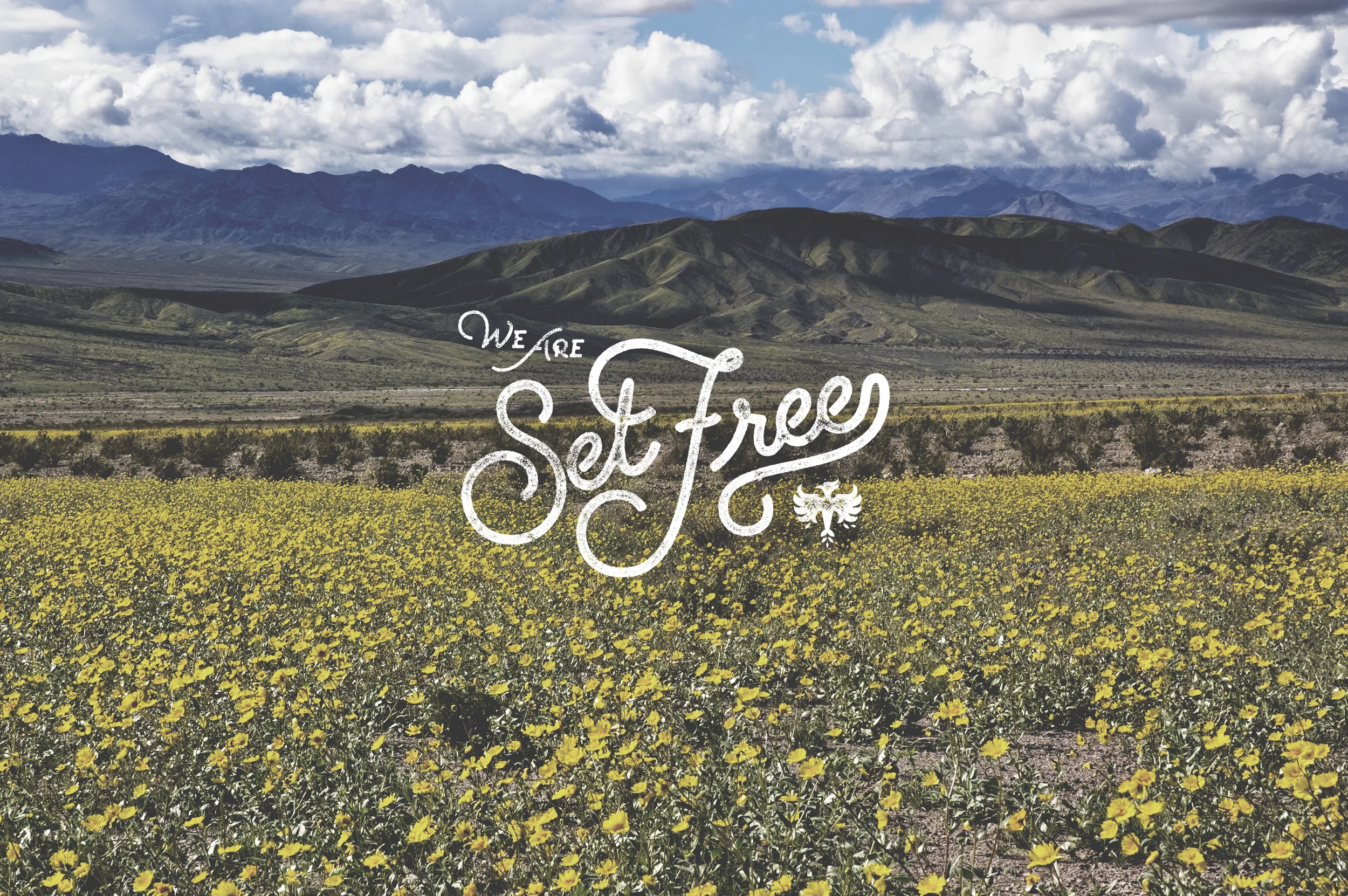
Issue 010: Beauty From Ashes Beauty rises from the ashes. Can it be possible? At the end of a desert journey, when our political categories are shattered and the dream of saving America has run its futile course, we are empty. The truth is we’ve all had a part in the horror of political dysfunction. The incredible news that cannot be contained is we all get to write the story of restoration.
In the past, we’ve settled for soundbites and party lines, but now it’s time to push for truth and honesty. In pursuit of authentic candidates, it’s often easy to run towards leaders who are brash in their honesty and at times even harmful, not always because we agree but because it’s refreshing to hear words that weren’t curated by political machines. We crave words that are one’s own.
As we reflect on what it looks like for beauty to come from ashes, I cannot imagine a better example. Although I feel certain that no one would have chosen this history for South Africa, the country has been a source of hope for the rest of the continent, as well as the world, because they chose the path of restorative justice based on truth and reconciliation.
We have come to believe that only one side can win the battle for the mantle of equality, liberty, or justice. It’s a perverse understanding of holiness: “If I can paint myself as a white knight while casting my opponent as the antithesis of everything I stand for, my side will win.” No mind for whether my political opponent actually opposes my values. She must appear to oppose them.
My hope is that in our work in politics, we will all be drawn to live greater lives, and walk away from the shallow stories of personal power and ideals that drive us to exclude half the country from our visions of a perfected America. As we tire of the silliness of the usual political constructs, we can draw inspiration from William Wilberforce.
Could it be possible that prayer and fasting were employed not because we were in a great fight against evil and needed deliverance, but because it was the most expedient way to agitate the populace towards revolution? I don’t think the end result of prayer can ever be anxiety, but rather a deeper knowledge of what we can do to bring restoration to the world.
When you pick up an iPod, or an iPhone or an iPad, you know immediately and intuitively that you’re holding a work of art, a carefully crafted device likely surpassing all others in its field. What will it take, then, for politics to become a work of art, reflecting honest craftsmanship?
“For 467 days during 1948 and 1949, the City of Berlin was kept alive by an Airbridge of Allied Aircraft bringing food and other essentials from the West.”
If beauty will truly rise from the ashes of dysfunctional, fearful, and angry politics, we’re going to need inspiration from great stories and even greater generations.
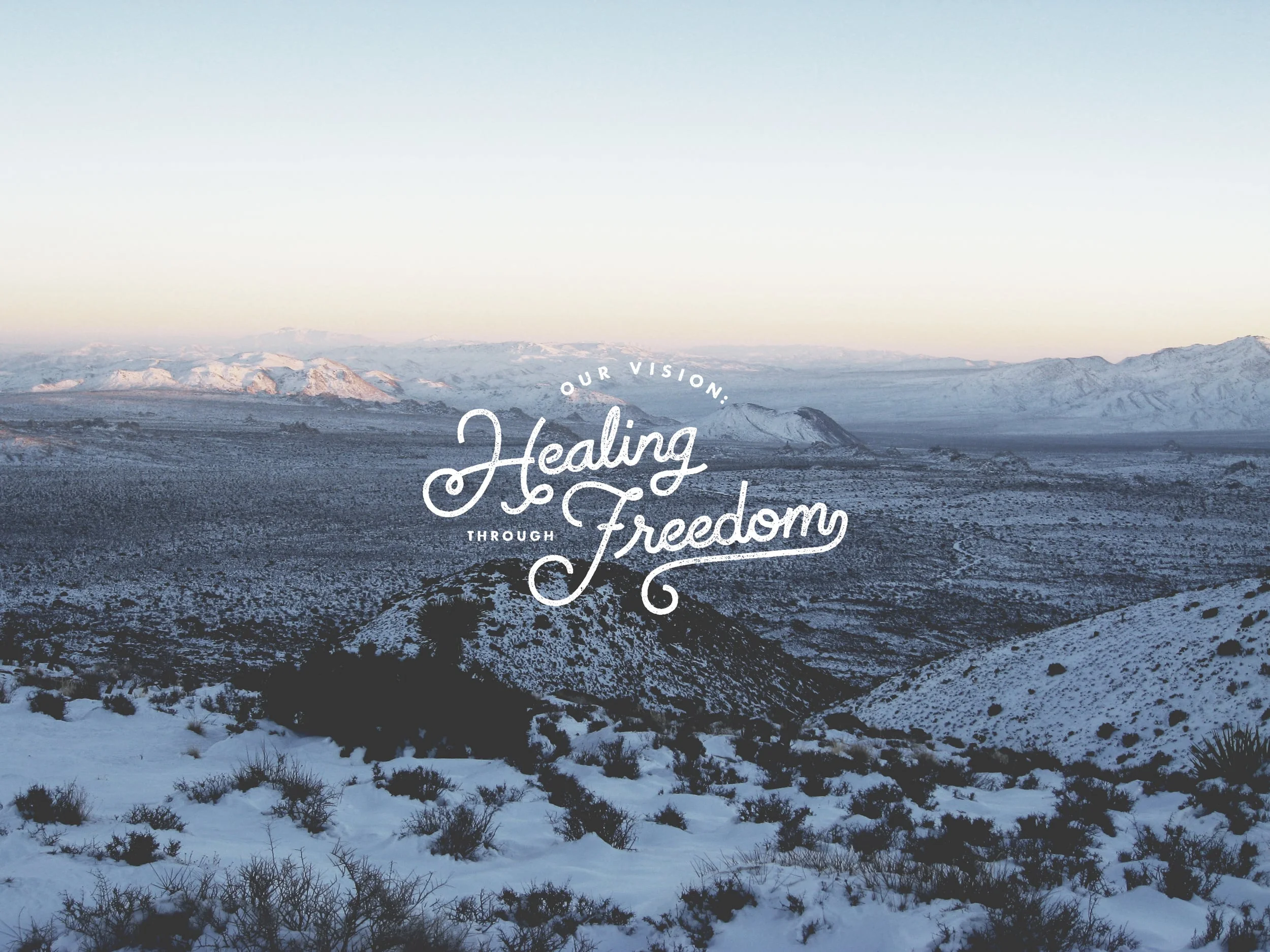
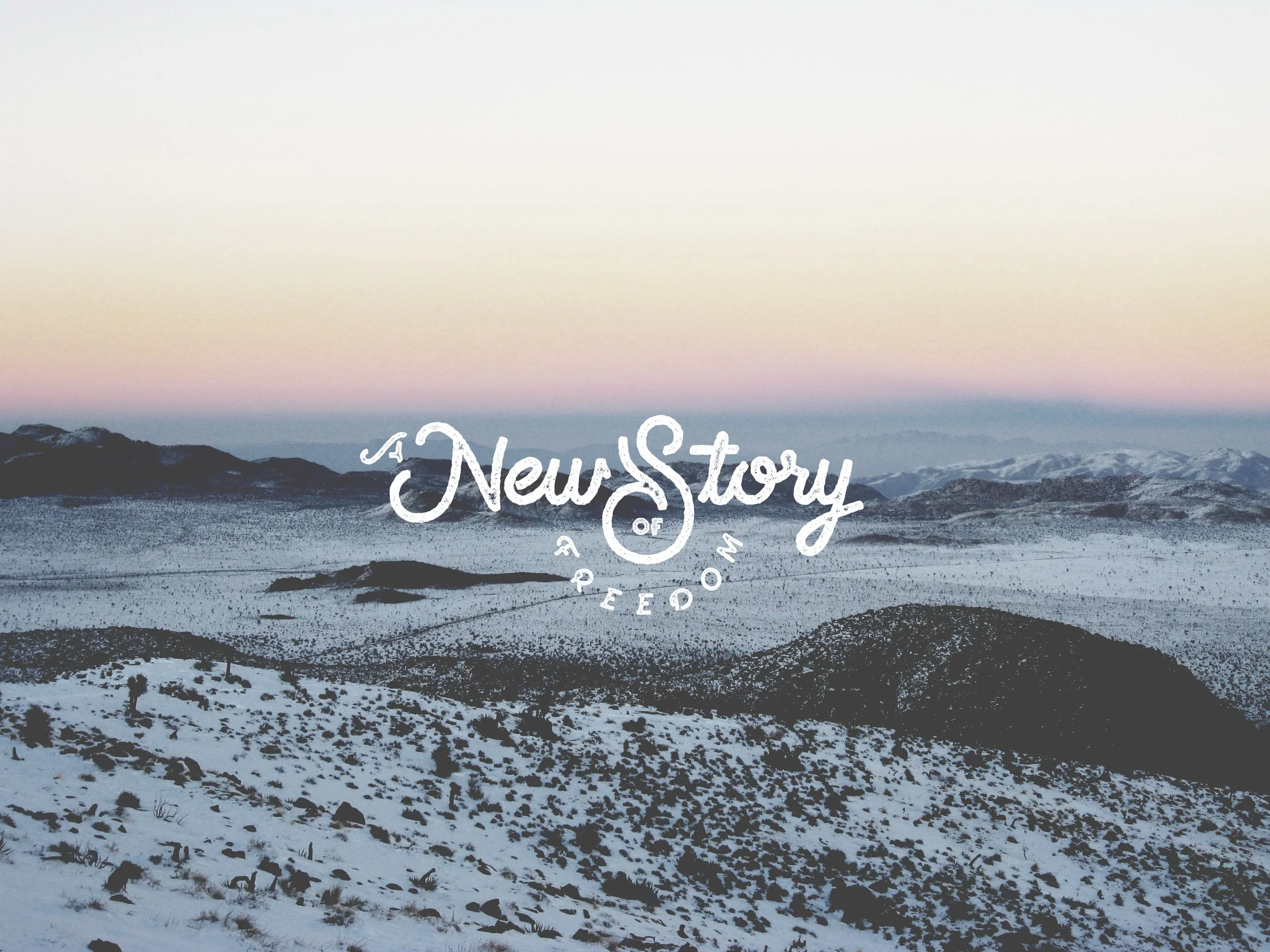
Issue 009: A Desert Journey A new hope begins to stir. Stipped to the bare essence of existence, we find as we wander through the desert that old and worn ideas connect to form new ideas, a fresh perspective. The uncanny paradox is that in a place seemingly empty of life, out of the ashes life begins anew. We journey through the desert not to die, but to be reborn.
A fellow campaign aide walked outside to where I stood, outside the party on the paved patio beneath the night sky. I’ve never been a big fan of huge parties, and that night was no exception. The results were in; the aide handed me a glass of champagne. We were going to Washington.
Don’t Tread On Me isn’t even half the story. We no longer have to lie alone, a snake in the grass, fearfully waiting, ready to strike any who threaten. We will rise, reborn like the phoenix, to new life with the redeemed, the restored, shaking off what’s old, victorious because of victorious love.
What’s it all about? This week, as we conclude our series on A Desert Journey, our focus is on hope rising, on awakening. Read one congressional staffer’s short perspective today, look out for the announcement coming tomorrow, and our regular journal will continue Wednesday with A Story of Awakening.
The rules and values President Washington lived by established humility, respect, and other admirable traits we desire to see in leaders today. The values set forth during his time developing leadership would guide him through his presidency. As aspiring leaders, we should use this time to establish our own set of values, build up our character, and hone vital leadership skills.
When I left the protest that day, I had tears streaming down my face, overwhelmed by what felt like the greatest microcosm of the problems with modern, Christian politics. The message was divisive, it was driven by judgment, and it lacked hope. Instead we need to operate from a place of grace.
Making your way up the Ryan Mountain trail, your mind will almost sink into the desert landscape stretching out in every direction. The contrast between the busy, crowded streets of Washington and the desolate emptiness is sure worth the cross-country flights it will take to find it. If you need space to let the earth clear your mind, you’ll find it in Joshua Tree National Park.
What can we learn from the tenacity of Martin Luther King? In the midst of those dark days, when nothing in the world seemed to match the vision in his heart, how did he inspire millions of Americans to persevere in their struggle to attain equality? Why are the bonds that tie us together as Americans being ripped apart today?
Much to my dismay, the process of finding fulfilling employment proved to be a grueling endeavor. The process of walking through a desert of difficulty challenged me to reevaluate the vision I brought to D.C., and to entertain the possibility that something more fulfilling and beautiful could be mine . . . if I was willing to wait for it.
We need to see that burnout isn’t actually burnout. What I mean is, it happens for a reason; it’s a symptom of much deeper and larger issues. The short of it is that—as I have seen firsthand over the past decade—the unity of Truth and Beauty in political culture is so rare that we need to begin building a new framework to rethink how we engage from the inside.
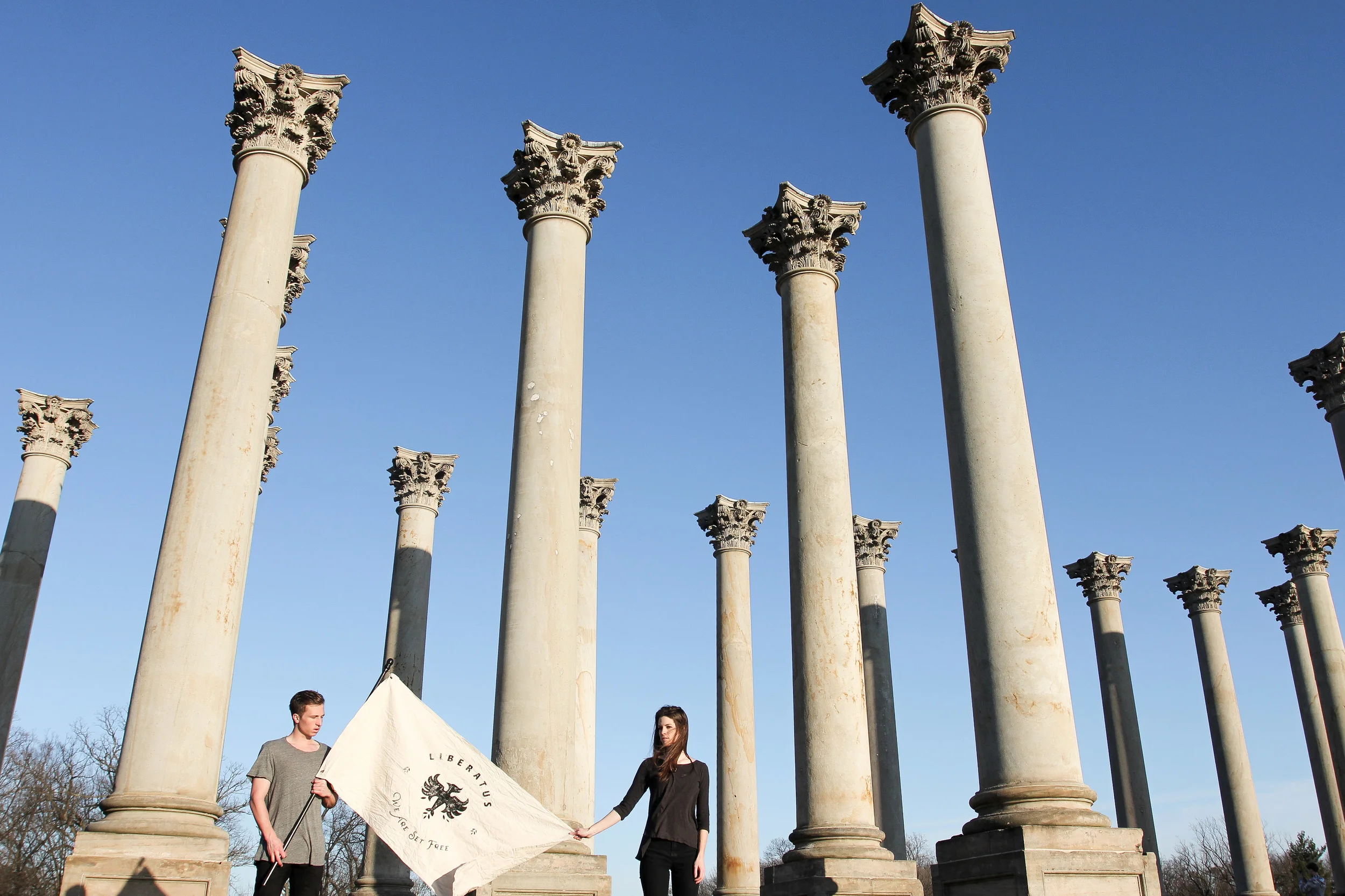
“A new power is in operation. The Spirit of life in Christ, like a strong wind, has magnificently cleared the air, freeing you from a fated lifetime of brutal tyranny at the hands of sin and death.”

Here are fifty books I’ve read, am reading now, or continue to re-read. They have each shaped my perspective in different ways: some because I agree with them, others because I don’t and want to offer something different. They’ve inspired, or continue to inspire the work of LIBERATUS.
If I’m honest with myself, I fear “losing the argument” or watching the other side “topple my principles.” And I don’t think I’m the only one. We all know inside that there’s a truer, more beautiful reality for America. Yet the fear of unrequited cooperation paralyzes and imprisons us, reducing public servants to inmates doing time.
If you haven’t already read Abby Wambach’s In Her Own Words: Moving On As A Champion, you should click the link now and read it first.
Her note about leaving the beautiful game is filled with ideas of relevance for the culture of American politics today and the future of LIBERATUS.
Those of us with callings on Capitol Hill aren’t just left to accept things the way they are. Why not? Because of Christmas: it’s the celebration of one who came to break into destructive darkness and dysfunctional cycles to bring restoration and healing. So how does that inform my work in a dysfunctional space?
For decades, Christians have fallen into a dangerous trap by reducing the Church to a political interest group. The consequences speak for themselves: in order to play the political game, we have resorted to defining our partisan causes as righteous and the cause of anyone who disagrees as evil – even if those on the other side are Christians.
We don’t have to grope about in the dark anymore, speaking in riddles, ruled by a restless, nameless fear, trying to find the America we think we’ve lost, the America that’s become so precious to us. Light is breaking through the sad story we’ve been living.
When I placed my toes in the intersection of millennia of the greatest triumphs and downfalls of human history, from exploration to the slave trade, it finally made sense to me. To love the ocean is to be a part of something greater than yourself. You don’t just look at the ocean, you immerse your whole self in it.
I can’t help but wonder what would happen if we allowed more whimsy into the current atmosphere of life on the Hill. Whimsy in politics—seems dangerous, doesn’t it? But, there is a lot to be learned from Bob in Love Does that we can apply to current times and the political machine we eat, sleep, live, and breathe.
What if our calling as people who have been set free is to begin making radical changes to the way we operate within political culture—from the inside? What if we start in Congress? What if all of those changes are driven by a deeper knowledge of freedom? What if instead of letting the status quo beat us down, we set to work bringing healing?
“’It’s not about you!’ As a leader, you are a servant first. As a Marine Officer, your first responsibility is to the mission and your Marines—if you are more concerned about your own career or how something is going to make you look, you’re sure to shortchange your Marines.”
Our theme for Issue 007 is A Creative Pursuit. We opened with ideas from a current Legislative Correspondent on how to bring creativity into political culture, including more collaboration and a better work-rest balance. We continued the issue by talking about taking risks, including no more manipulating through fear. But what if we take these ideas a step further?
The story of the Wright Brothers from Dayton, Ohio is filled with ideas of consequence for the culture of Capitol Hill and American politics today. And so for today’s journal, we will examine their story, drawing conclusions for our work in politics that will help us bring creativity and truth and beauty into our work.
Taking risks on Capitol Hill, and doing so by rethinking how we live out our faith in Jesus would be dramatic. We’ve noted in prior weeks a congressional staffer’s ideas of more collaboration and a better rhythm of work and rest. I’ll add a third: no more using fear as a motivator. Each of these would require an element of risk, but they also present new opportunities.
Let’s be honest: the primary goal, broadly speaking, of congressional offices is for the Member to get re-elected. Re-election demands the safety of what’s been done before, of what worked the first time. The job of representing shifts towards keeping the peace, and we lose a deeper understanding of what it means to govern well with the time we’ve already been given.
What first drew me to politics was the idea of creatively solving big problems facing our world. However, as most would guess Capitol Hill is a far cry from a creative Mecca. Although changing this culture will be a slow process, I am going to highlight a few steps offices can take to encourage creativity and ultimately foster an environment that produces meaningful change within our nation.
Being on the bottom is not fun. It’s hard to connect your daily responsibilities to the ideals you are passionate about, especially when those responsibilities include scheduling tours and fulfilling flag requests. On the days when work is really hard, these are the principles I preach to myself that have helped me be faithful where God has called me.
In George Washington’s farewell address in 1796 he actually warned against the “spirit of party.” He believed that the formation of parties would cause people to focus on revenge and domination instead of the good of society.
Maybe the change has to start with staffers.
This isn’t the first period of American history when we’ve needed healing, and a deeper knowledge of freedom to get us there.
The incredible privilege of our time is that we can boldly offer clarity around the ambiguous definitions of liberty at play in our culture.
Now through the end of October, you can become a founding donor of LIBERATUS! Today we’re launching a campaign to raise $100,000 so we can push the movement to bring healing and truth and beauty into our political culture forward, growing our writing team over the next year to fifteen members.
Time on a plane, looking at the world from 30,000 feet leads to deeper perspective.
What I hope, more than anything, is that, as we set the guiding tone for LIBERATUS, other people will see a spirit of grace and forgiveness and inclusion and hope placed in a Kingdom ruled by freedom greater than anything we have yet imagined.
That awakening, that rejuvenation you feel when you go on a trip to the ocean, to the beach, is pushing you towards God.
So what if in the tasting, we brought it back to the rest of life with us, into our political culture that keeps us captive to slavery and fear?
There are many ways to describe what’s going on in Congress, but this one is probably the simplest and perhaps easiest to understand: there’s not a lot of speaking order into chaos there. It’s speaking chaos into chaos, and championing it and calling it good.
Capitol Hill feels like a massive machine that got stuck on autopilot, leaving our work devoid of value or even truth. It is easy to look at all of the problems and feel helpless, but I have to cling to the truth that God has called us to bring light into darkness and restoration into brokenness.
To the ones who feel burned out and desperate, who want relief from a political culture that robs you of community and authenticity, and eats you alive with its chaos, its constant franticness, and its suspicious fear of everyone around you, come join us. To the ones who long to write beautifully and govern well, come join us.
To put it bluntly, I think the reason the Right, for example, has no coherent unifying plan for where to lead the country is that we’re largely still hung up on problems that aren’t the real problem, and guides who aren’t offering a clear, compelling call to action. We still think the problem is each other, and so the plan for how to govern well will never include each other.
Has there ever been a political speech given for the purpose of complete joy? For those who agree with us, sure—but what if complete joy for everyone was our motive? Or would we rather fall into the slavery and fear of creating artificial enemies so we can gain a bit of artificial safety from them? What does that say about our affections?
The stories we live and tell consist of heroes who can’t and never will solve our problems, of hopes and fears placed in desired outcomes that always let us down. The result of these weak stories is a total degeneration of our political culture; politicians freaking out to move people to vote, or donate, or worse join the fight against their own neighbors.
We have to know what our core values are now, so that when the plot thickens, and we’re faced with problems and guides and calls to action, we have a center, a core, a deep down. And ultimately we need to know what that deep down is rooted in, because it will influence how we see our problems and guides and plans, and which ones we choose to listen to.
Most of the time we don’t even recognize this internal culture of fear and how it affects our outward response, or if we do, we think it’s a good thing—and somehow our work gets twisted and we peddle solutions that are rooted in our deepest fears—and this is what makes the problems in our political culture so obvious and yet so hard to define.
We need a vision for something new and better and more alive in our political culture and we need it badly. If we recognize that the situation is critical, that Capitol Hill is Ground Zero, then we need vision to carry us through the pain towards where we are headed. Indeed, we need to know where we are headed.
Think about the number of people that come through a congressional office during any given session week. We’ve got to learn to offer them something better than they’ve come to expect, or want, and better than what we usually give. Is our first thought to speak words of healing and unity?
If we go on pretending, the last gasp of our work in politics won’t be of hope because of the great freedom we have, it will be the conclusion of a sorry narrative that placed ourselves at the center of a war we never won, a battle in which we never triumphed over the people we were actually called to love and serve.
What if we are set free, out of the ashes, to tell the Great Story? The Great Story then, becomes the heartbeat, the driving impulse behind everything we do.
The phoenix rises, carrying not just the olive leaves of an Olympic champion's crown, but perhaps leaves from the tree of life, declaring liberty and life and healing for the nations. This verse from Revelation can only mean the nations are in deep need of healing.
How do you begin to capture in one word the expanse of life to the full? Even in asking the question, our eyes start to gloss over. Our minds perhaps get excited for a brief moment, and then slip back into a fog, the awakening forgotten.
How do you make American politics beautiful? Why are we so often stuck with dysfunction, wishing for something better? We say we fight for liberty, that we have been set free—but deep inside we’re caught longing for something more.






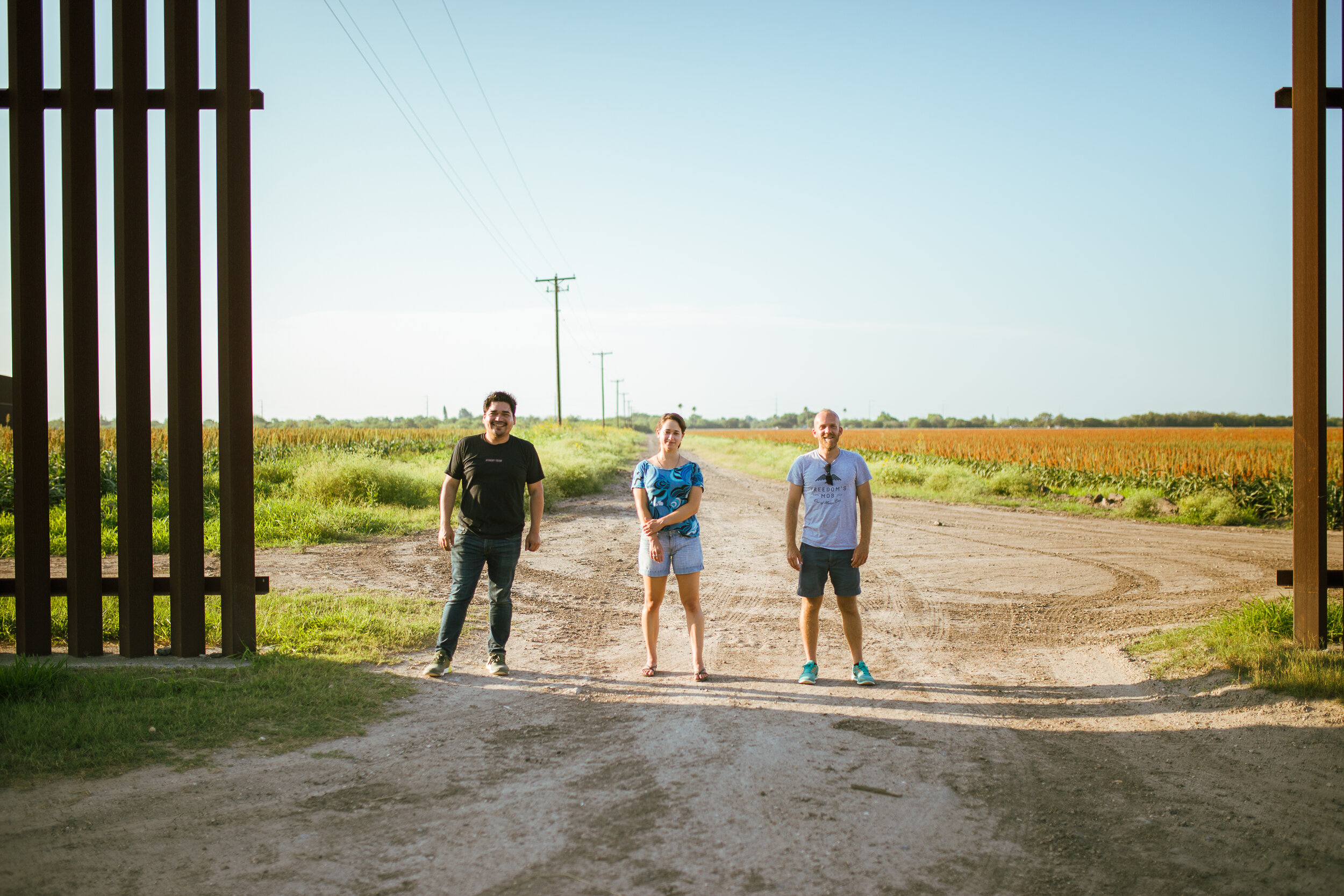











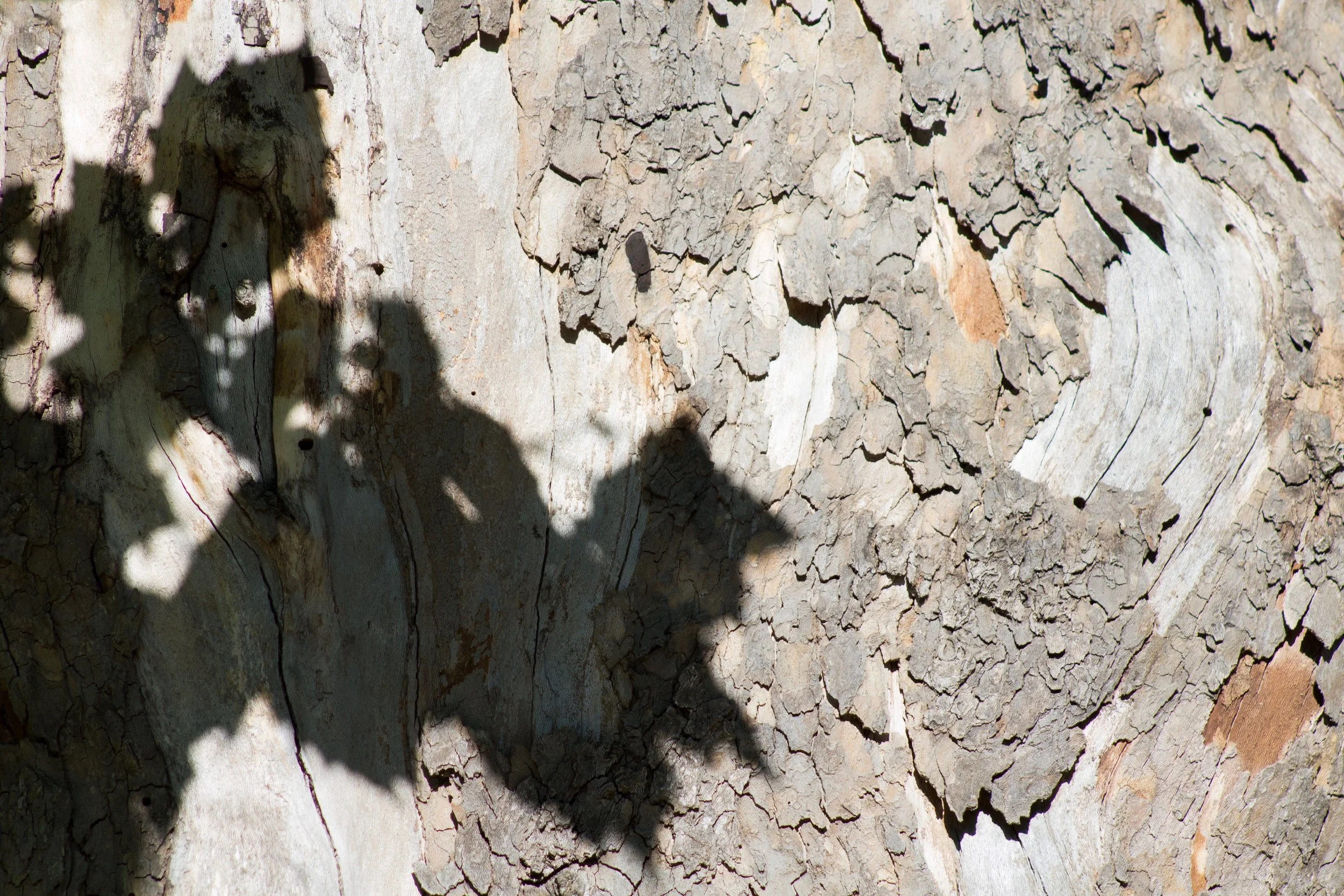






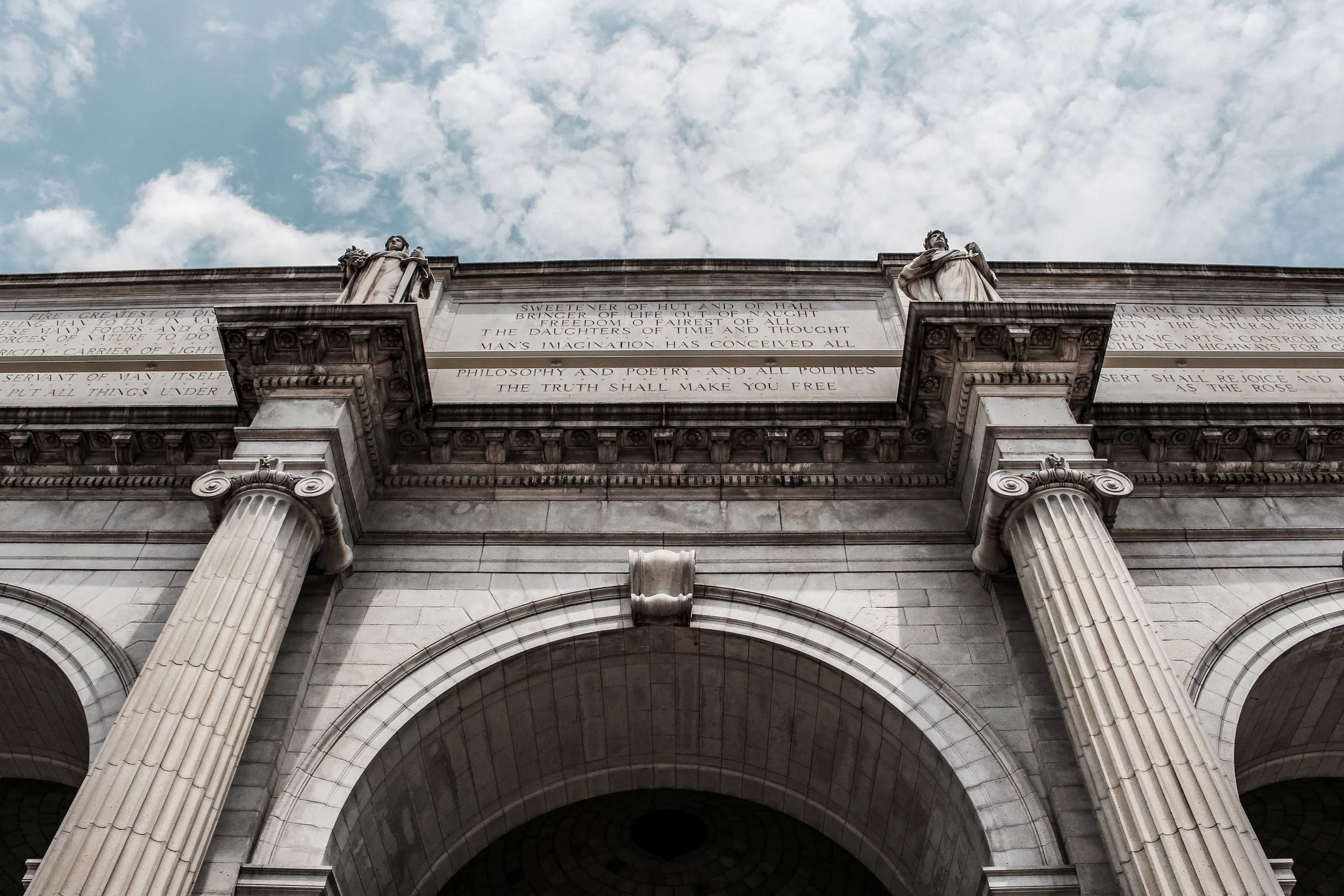


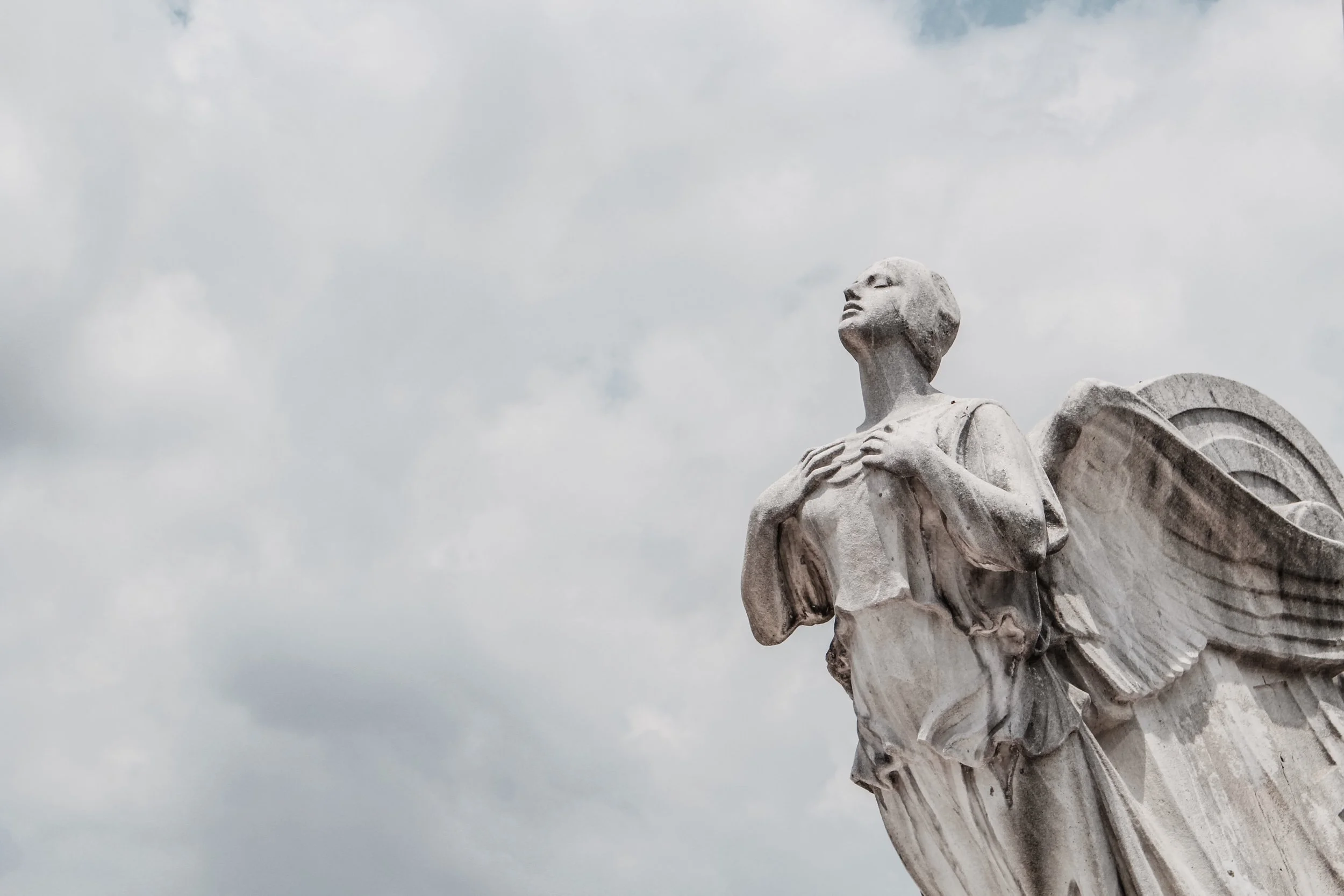
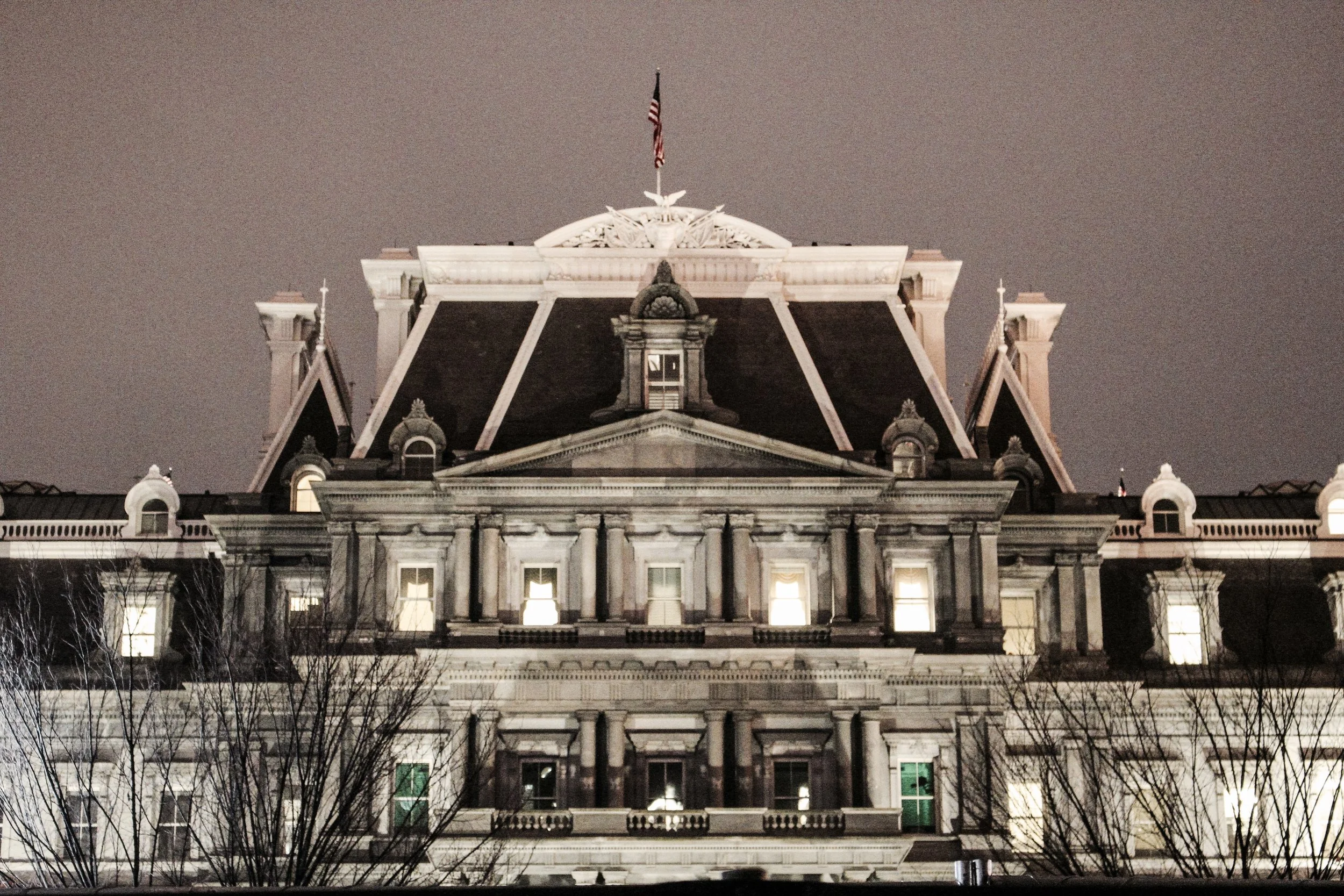
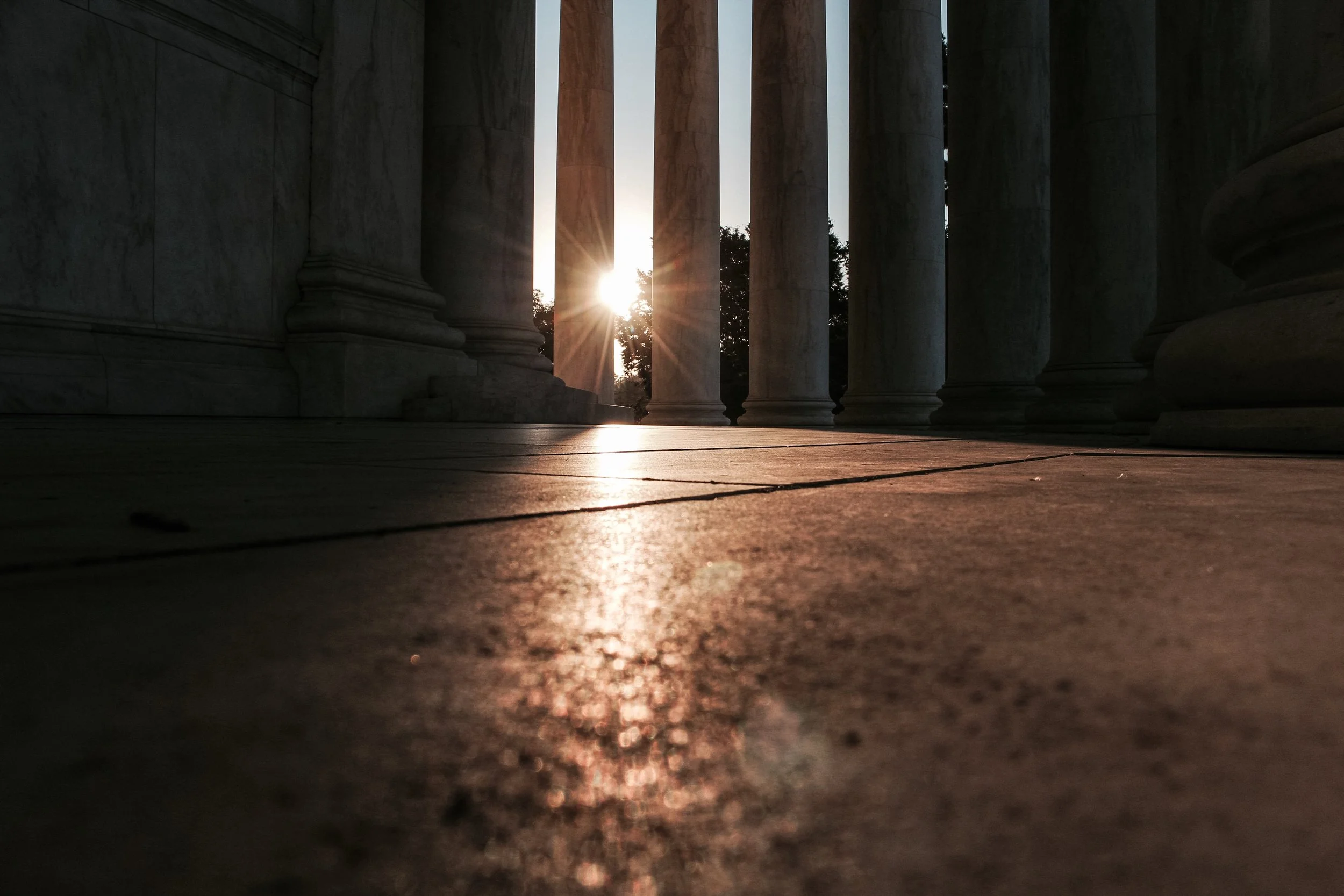












































































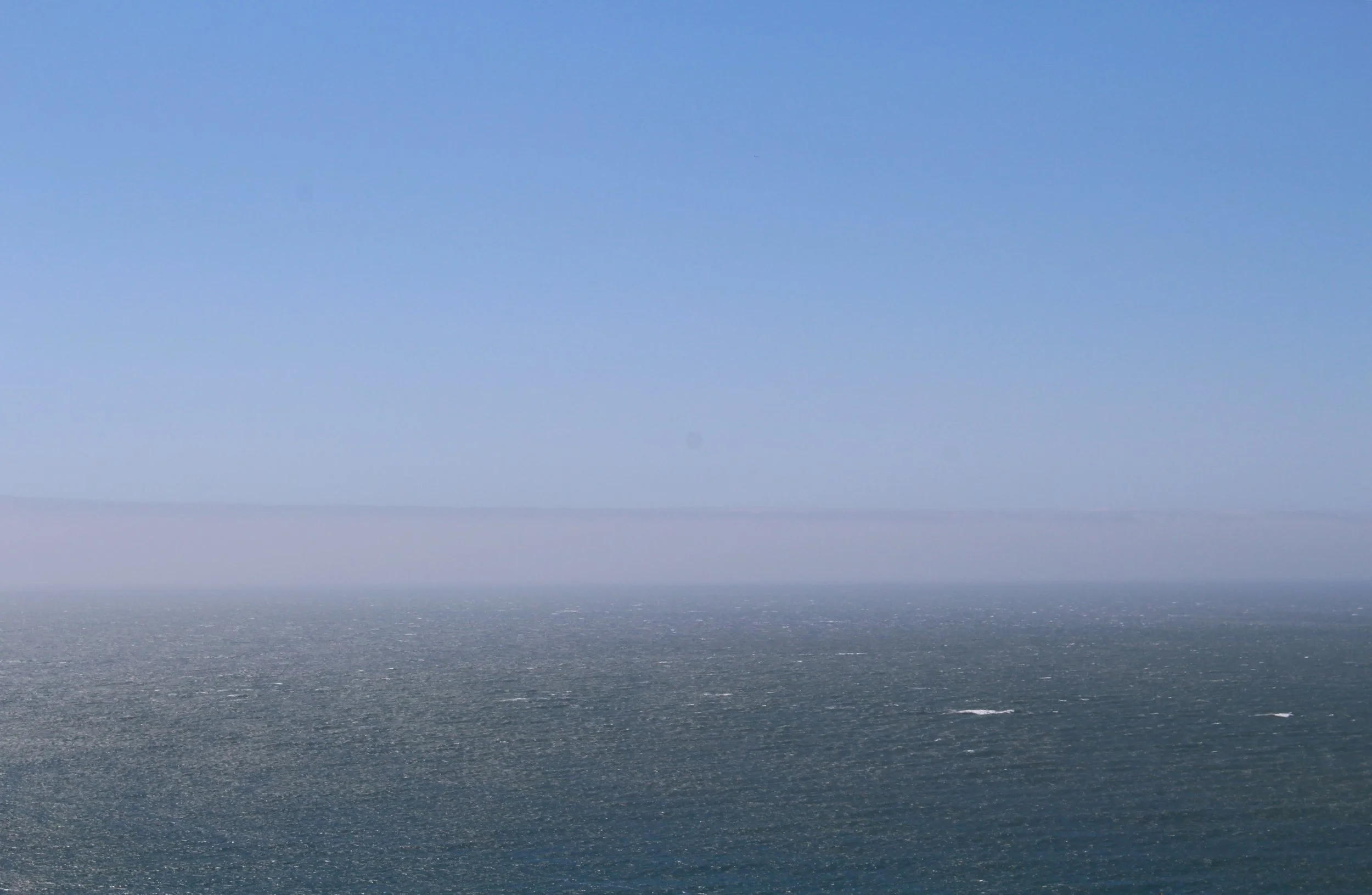















Issue 018: Inaugurate Peace Liberatus Volume One will give you inspiration for the journey to overcome us vs them narratives and become Americans the next generation will love. You can back it now on Kickstarter.